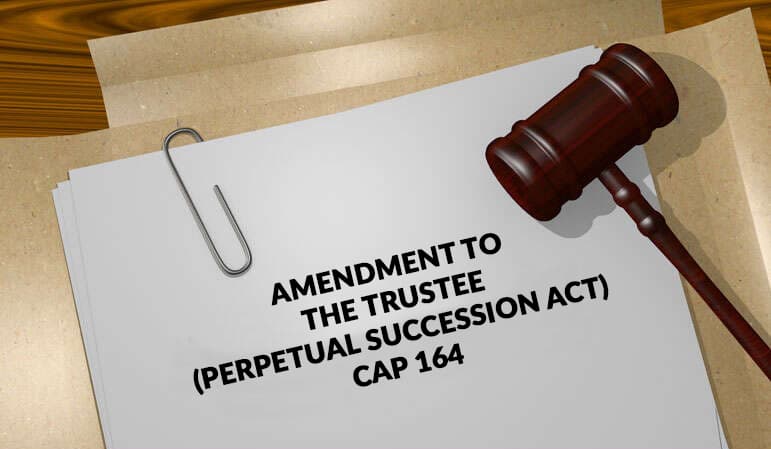BOILERPLATE CLAUSES TO ALWAYS INCLUDE IN AN AGREEMENT
What Are Boilerplate Clauses?
‘Boilerplate’ is the term used to describe the clauses that are included in an agreement to deal with the mechanics of how it works and those legal points that are relevant to most transactions. Boilerplate clauses are mostly situated at the beginning and the end of an agreement. These clauses are often standard, miscellaneous provisions. Since a boilerplate clause will deal with issues such as the interpretation, validity and enforcement of an agreement, it can have a significant impact on the other clauses in an agreement and on an agreement as a whole. It is therefore important to always be keen intentional and careful when including boilerplate clauses, because they can easily steer an agreement to a different direction if not well thought out.
Therefore, while drafting or reviewing an agreement consider the boilerplate clauses to ensure:
- That the position of the parties is understood under the general law if a specific boilerplate clause is not included
- That all relevant boilerplate clauses are included
- that the scope of the clause is appropriate to the transaction
- the effect of the boilerplate clause on either party is understood.
- whether the boilerplate clause conflicts with any other provision in the agreement
- the effect of the boilerplate clause in the context of the agreement as a whole.
Below are some of the clauses to always include in your agreement and benefit both parties when intentionally drafted.
- Parties clause
Essential to any contract, are introductions on the parties to whom agreement is made. The clauses include not only their identifiable names but also addresses and preferably if many, collective titles to ease reference throughout the agreement.
- Definitions and interpretation clause
These clauses are crucial to allow the parties define and clarify contract-specific terms.
- Commencement and term clause
This clause specifically provides when the agreement comes into force. Usually the effective date is that when the agreement is signed and in the alternate, a convenient date. This clause may also define the duration which the contract agreement subsists.
- Confidentiality clause
Also commonly referred to as non-disclosure clauses, they prevent the signing party from divulging sensitive information about the agreement.
- Severability
Also known as a savings clause, this clause usually provides that the rest of a contract is still valid if any part of it is considered illegal or unenforceable. Without a severability clause, the whole contract could be deemed invalid.
- Jurisdiction or Governing Law
A jurisdiction or governing law clause declares which laws the agreement adheres to and where the lawsuit will be filed should disputes arise.
- Dispute Resolution
Every contract that involves two or more parties has a dispute resolution clause to indicate how disputes will be handled. The clause may specify the preferred form of dispute resolution be it good faith negotiations, mediation, or arbitration.
- Force Majeure
A force majeure clause provides that whenever the parties are unable to perform their contractual obligations due to circumstances beyond their control, their obligations may be temporarily suspended or completely excused. This Clause further provides for breathing space in case the one party may incur losses due to the other party’s not performing under the existing circumstance. The clause may list external events, such as natural disasters, war, strikes, flood, etc. that could make contractual performance impossible.
- Waiver
The waiver clause may be easily missed but it illustrates an important point. It means that if a party fails to enforce part of a contract, such as not charging late fees to a tenant who paid late rent, they can still do so in the future.
- Amendment
An amendment clause describes how changes are made to an agreement. Typically, it states that changes must be signed in writing by both parties.
- Notice
The notice clause clarifies how each party ought to deliver notice to each other. It states the form in which notice is made whether written or verbally alongside, the mode of delivery, in person or mail and when such notice is considered received.
- Entire Agreement
The entire agreement clause can be important when there are ongoing negotiations. It means that any previous understandings, including both oral and written agreements, are not included in the contract. If an entire agreement clause is in a contract, the parties should make sure that anything they want to be included in the deal is written in the agreement.
How can we assist you?
At Netsheria International, we have an experienced team of lawyers who can offer you legal assistance in drafting and framing of the boilerplate clauses in your business and commercial contracts. Please contact us for our services at info@netsheria.com or visit our website at https://netsheria.com/ for more information on our services.






